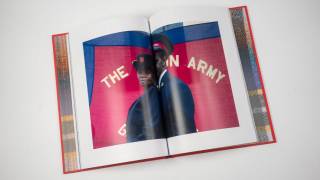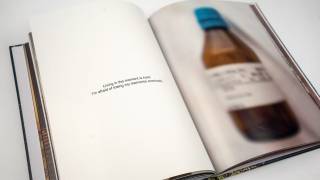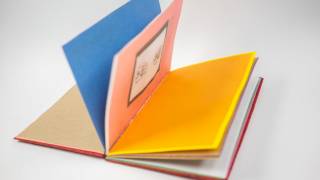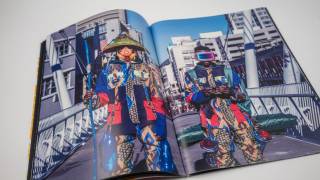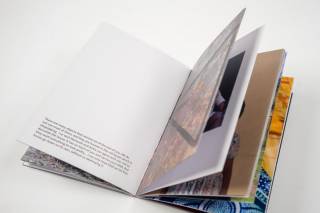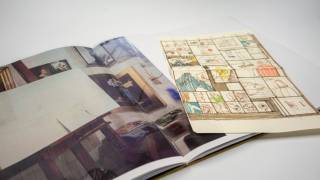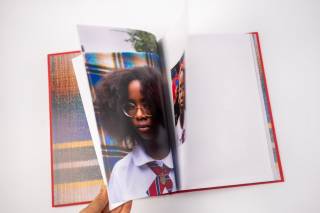Decolonising photography through a transnational publication project
Sarah Pickering (UCL Slade School of Fine Art) used the UCL Global Engagement Funds to run workshops for photography students from around the world, resulting in photo books about their lives.
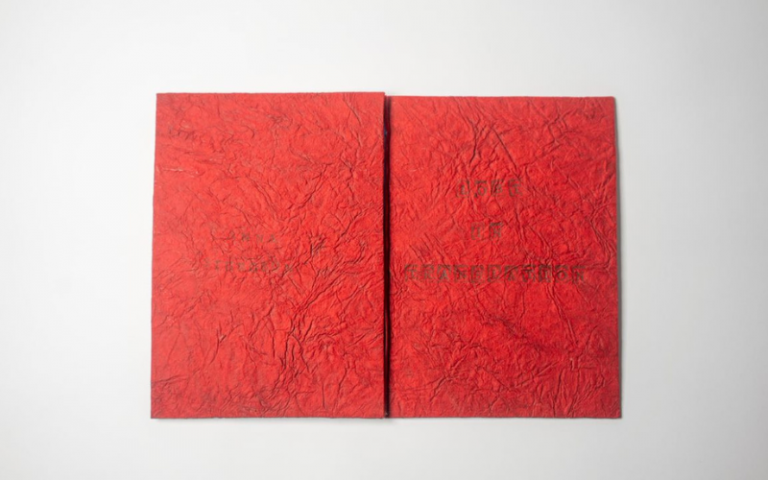
1 August 2022
The discussion around contemporary photography typically builds on a model of Western discourse. Works from emerging photographic cultures are often not given exposure, with much work still to be done to challenge pre-existing or dominant models. The Global Photographies network was established in 2020 to help decolonise photographic practice through sharing knowledge and tools.
To help the Global Photographies network put its mission into practice, UCL partnered with Hydra – an independent photography publisher and photography school in Mexico City – to develop a transnational publication project. The team invited photography students from a range of backgrounds across South Africa, Mexico, Argentina and the UK to participate in the project, which resulted in each student producing a photo book about their lived experiences.
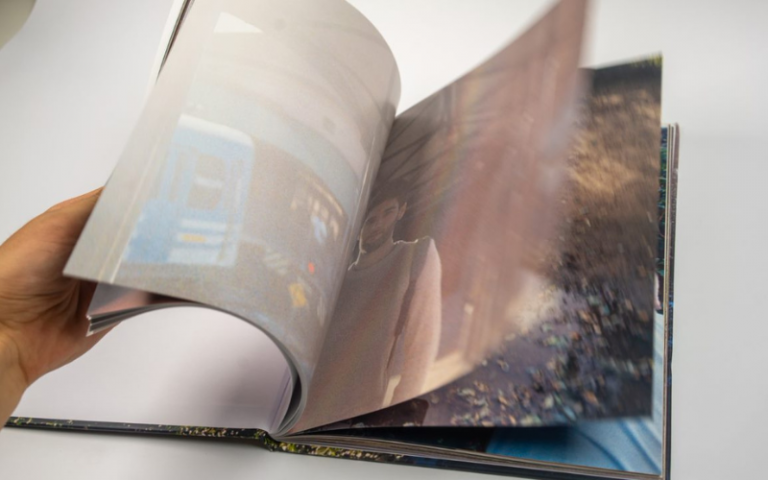
Making global connections in photography possible
“At the beginning of the pandemic, visiting lecturer budgets across all institutions were cut,” Sarah explained. “It didn’t last that long, but at the time, we weren’t sure how we would be able to continue bringing in the insights of international practitioners.” This was a key reason for starting the Global Photographies network, a partnership of art institutions from across the world, co-founded by Sarah. “We’re all educators looking to decolonise our teaching, so we thought we’d pool our resources and produce a programme of monthly speakers from various countries and underrepresented practitioners in photography,” she said. This is where the idea of a publication project stemmed from, as the team wanted something that students from across the world could actively participate in.
As a result, Sarah organised a series of online workshops for a group of students to join. The member institutions of Global Photographies put forward suitable students who would be able to explore models of photography that were not Western-centric. The final group of students came from a wide range of cultural backgrounds, based across Central and South America, Africa and the UK. Students in Asia were not included in this particular project for time zone reasons, although the team hopes to hold more projects like this in the future that can include students from other parts of the world.
Ana Casas Broda from Hydra and Svea Josephy from the Michaelis School of Art at the University of Cape Town led this series of online workshops about photo books that all the students participated in. The students went on to produce their own photo books, with the freedom to decide on the subject matters of their books. They were given the materials and resources to produce two versions of the photo books – one to keep themselves, and one for display at UCL. The purpose was not only to give students across the world an opportunity to connect and discuss their ideas, but also to help photographic works travel further than their country of origin. The UCL copies will all become part of the UCL Library Special Collections.
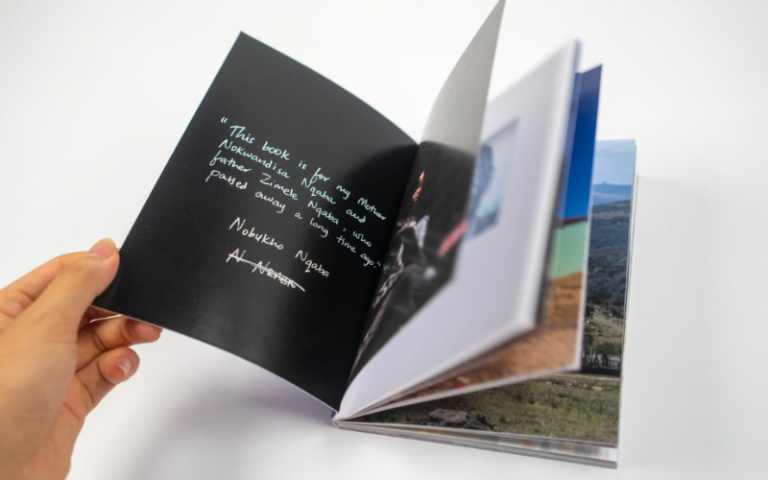
Online collaboration as an opportunity
“Covid-19 has shown us what kinds of learning experiences can happen when people aren’t all in the same room together,” Sarah said. “It’s shown how you can work innovatively, collaborate, and learn without being in the same location. All the students absolutely loved the project.”
In particular, the students benefited from being able to build networks and challenge the status quo together, both in terms of photographic practice and the photo book structure. “They were all individually interested in how to rupture the structures, and how to give it ownership,” Sarah said. “They were all involved in giving feedback, responding to each other's practice, and learning about each other's cultures as well.”
At the time of the project, South Africa was going through a number of blackouts due to power outages. The time zone differences also meant South African students participating in the project had to be present in the online workshops during some evenings. Yet the team were able to ensure the participation of these students wasn’t impacted by giving them access to university facilities for extended hours, and paying for taxis to enable them to get home safely. This wouldn’t have been possible without having this dedicated, funded project. “We were able to do something very exciting and have this learning experience that was shared across all these different continents,” Sarah reflected.
Following on from this project, the Global Photographies network was able to secure funding from the Arts and Humanities Research Council (AHRC) to produce a book about transnational photography practices. They’re hoping to expand their programme of online seminars, discussions and talks to continue building on the work they have achieved.
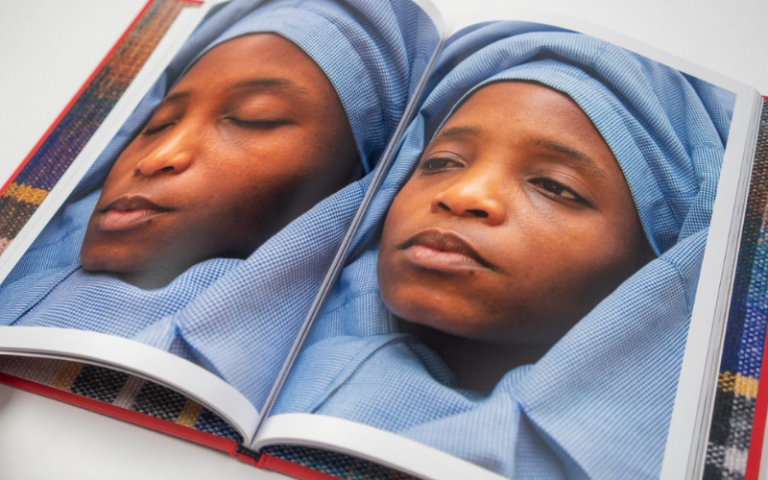
Links
- Global Photographies
- Hydra
- Sarah Pickering's Iris profile
- UCL Slade School of Fine Art
- UCL in Africa and the Middle East
- UCL in Latin America
- UCL in Europe
For the latest news about UCL’s international activity, partnerships and opportunities, subscribe to our bimonthly Global Update newsletter.
 Close
Close


